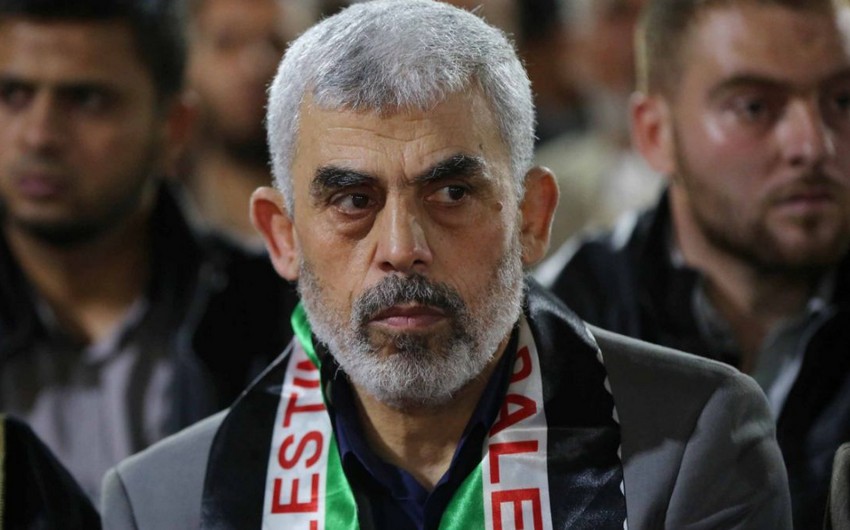Historical Context: Israel Hamas Leader

The relationship between Israel and Hamas is a complex and multifaceted one, rooted in a long history of conflict and tension. Understanding this historical context is crucial for grasping the ongoing conflict and the challenges to achieving peace.
Origins and Evolution of Hamas
Hamas, an acronym for the Islamic Resistance Movement, emerged in the 1980s as a response to the Israeli occupation of the Gaza Strip and the West Bank. It was founded by Sheikh Ahmed Yassin, a prominent Islamic scholar, and initially focused on providing social services and resisting Israeli rule through non-violent means. However, Hamas’s ideology and tactics evolved over time, embracing armed resistance as a legitimate tool against Israel.
Key Events and Turning Points, Israel hamas leader
- First Intifada (1987-1993): The First Intifada, a Palestinian uprising against Israeli rule, witnessed Hamas’s rise to prominence. Hamas’s use of armed resistance, particularly suicide bombings, gained attention and support among Palestinians. This marked a significant shift in Hamas’s approach and its role in the Palestinian resistance.
- Oslo Accords (1993): The Oslo Accords, aimed at achieving a two-state solution, were met with skepticism by Hamas. Hamas viewed the accords as a betrayal of the Palestinian cause and continued to oppose Israeli rule. This stance further deepened the rift between Hamas and the Palestine Liberation Organization (PLO), which had signed the accords.
- Second Intifada (2000-2005): The Second Intifada, another wave of Palestinian violence against Israel, saw Hamas playing a more prominent role. The intifada further escalated tensions and violence between Israel and the Palestinians, contributing to a cycle of violence and mistrust.
- Hamas’s Election Victory (2006): Hamas’s electoral victory in the Palestinian parliamentary elections in 2006 was a major turning point. This victory marked the first time an Islamist group had gained control of the Palestinian government. Israel responded by imposing a blockade on Gaza, which has significantly impacted the Palestinian population.
- Gaza Wars (2008-2009, 2012, 2014): Since Hamas’s electoral victory, Israel has launched multiple military operations in Gaza, aimed at halting rocket attacks and dismantling Hamas’s military infrastructure. These wars have resulted in significant civilian casualties and widespread destruction in Gaza.
Israel hamas leader – The conflict between Israel and Hamas leaders is a complex and sensitive issue, often fueled by deeply rooted historical grievances and political ambitions. While the world watches with bated breath, perhaps a cooler head can prevail, even if it’s just a cooling seat cover for office chair for those tasked with negotiating a peaceful resolution.
After all, a calm mind can sometimes be the key to finding common ground, even in the most heated of situations.
The conflict between Israel and Hamas is a complex and deeply emotional issue, often sparking heated debates and contrasting viewpoints. Amidst the turmoil, it’s easy to feel overwhelmed and crave a moment of peace and relaxation. Perhaps a comfortable Fred Meyer bean bag chair could offer a respite from the stress, allowing you to reflect on the situation and find a sense of calm.
Ultimately, understanding the nuances of the conflict requires a thoughtful approach, one that considers all sides and encourages empathy for those impacted by the ongoing tensions.
